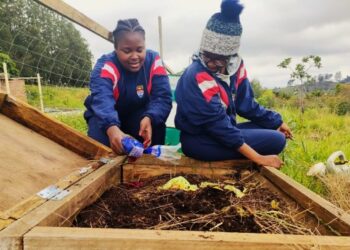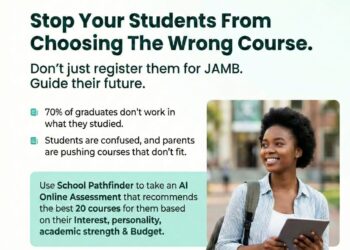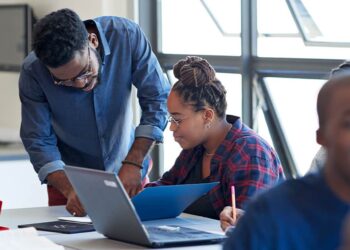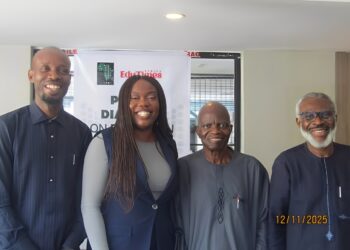Introduction
This article critically examines the commonly used traditional method of teaching, also known as the lecture method, particularly at the pre-primary, primary, and post-primary levels.The goal of teaching is to impart knowledge to learners both inside and outside the classroom, emphasizing the importance of employing only qualified teachers in schools to implement effective teaching methods and understand different types of learners to enhance the teaching and learning processes for optimal results.
Additionally, the article highlights the advantages of various teaching methods, explaining that factors such as the classroom setting, number of students, and topic being taught determine the most appropriate method. It is incorrect to assume that one teaching method will work perfectly in all settings. The article recommends that major stakeholders in the education sector invest heavily in teachers’ continuous growth and professional development to ensure they stay current with the trends of the 21st century.
Problems
In an article published by Chhatrapati Shahu Ji Maharaj University (2021), the lecture method is considered one of the oldest teaching methods used in educational institutions. It allows for the instruction of many students simultaneously, but it is often criticized for being teacher-centered and involving one-way communication. In this method, students see their teacher as a dominant figure who delivers information while they passively take notes. This can make students less engaged in the learning process, as they rely on the teacher to provide all the information. As stated by the Nigerian Open University, one of the limitations of the lecture method is its failure to provide a personalized learning experience for individual students to cater to their differences.
Obeidat (2020) defines the lecture method as a traditional approach to teaching that involves the teacher delivering topics through facial expressions, gestures, and techniques, which could negatively impact student academic performance. Disciplines in Nigeria (2024) identify it as one of the traditional teaching methods commonly used in Nigerian schools, where the teacher is recognized as the ‘major figure’ in the classroom. Regarding teaching approaches in the Nigerian university system, Bakare (2017) reports that approximately 64% of lecturers in Nigerian universities rely on lectures as their primary mode of instruction at the undergraduate level.
Solutions
Ayua (2017) views teaching as the profession of qualified individuals academically trained to deliver pedagogical approaches towards the growth of learners in the education system. The author explains that a teaching strategy is the method specifically tailored to achieve learning objectives, which is very crucial. Adzongo and Olaitan (2015) recommend implementing lesson plans effectively and using appropriate teaching strategies to achieve lesson objectives. They also emphasize the importance of continual advancement in the teaching profession in order to positively contribute to learners’ lives. The authors further suggest that an effective teacher takes on the responsibility of developing successful lesson plans and focuses on delivering content smoothly for optimal learning outcomes.
It is crucial to emphasize that teachers should be knowledgeable about alternative teaching methods and techniques beyond the traditional approach in order to achieve success in their profession, especially in today’s digital age where technology can be incorporated into the learning process. Experiential learning is one such teaching strategy that can be utilized.
The University of Winnipeg specifically defines field trips as opportunities to integrate real-world experiences in various relevant locations related to a specific course. This type of learning, while potentially costly, yields invaluable results, particularly for students in the science department.There are other teaching methods that include demonstration, which, according to the National Open University, involves the teacher displaying or performing an experiment before the students for active and practical learning. The discovery method is also identified as a strategy that builds students’ curiosity in a specific field. It is about finding quality solutions to problems and is often referred to as a heuristic method. The project method also helps develop technical, collaborative, strong communication, and interpersonal skills required to excel in the complex and interconnected world.
In conclusion, in order to transition from traditional teaching methods and effectively improve the system, stakeholders can ensure ongoing professional development and technological advancement for teachers in our schools through high-quality training and seminars led by experienced digital researchers in the education field. There are numerous benefits to AI’s potential impact on the education system, as it can be utilized to foster creativity through interactive learning aids such as simulations and virtual labs beyond traditional strategies of teaching, according to eSchool News (2024).
______________________ Samuel Tolulope Alimi is the founder and lead scholar at English TV, an online platform dedicated to teaching the English language on various social media platforms. He earned a BA (Ed) from the prestigious Olabisi Onabanjo University, Ogun State, where he majored in English and Education. As a Grammar Columnist at Peoples Daily newspaper, one of the foremost and trusted national newspapers, he writes about Nigerian English on Page 23 of every Saturday's publication, with his column titled "Common Errors in English with Samuel Alimi." His writings have attracted considerable readership across several states, with over 30 detailed articles published. Samuel is a goal-oriented ambassador of Scholarship IQ, promoting its mission to build the world's largest African student directory in two local governments in Nasarawa State, Nigeria. He has also gained hands-on experience in ghostwriting autobiographies, community service, and research through his internship at SO41 Educational Consultancy, Ogun State. LinkedIn: Samuel Tolulope Alimi samueltolulopealimi@gmail.com



















































































 EduTimes Africa, a product of Education Times Africa, is a magazine publication that aims to lend its support to close the yawning gap in Africa's educational development.
EduTimes Africa, a product of Education Times Africa, is a magazine publication that aims to lend its support to close the yawning gap in Africa's educational development.